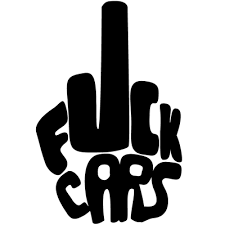

Imo not having any safety measures for the bridge piers was extremely negligent. There was this picture where you’d see cable masts next to the bridge that were being secured by extra thick concrete islands (you can actually spot one in the headline image). Really makes it look like the safety of some cables was more important than the safety of a bridge / people.
Edit: Ofc the incident was caused by the ship














“Beide Seiten sind (Bzw Krieg ist) scheiße” ist meiner Meinung nach nur ein Phänomen davon, dass die Linke versucht sowohl für “Tankies” als auch “Liberals” attraktiv zu bleiben. Aber da sich “Tankies” sowieso mehr vom BSW angesprochen fühlen bringt dieser Kompromiss nicht wirklich viel. Daher sollte sie versuchen sich mehr pro Westen (muss ja nicht gleich pro US sein) zu positionieren da sie dann Wähler*Innen von SPD und den Grünen für sich gewinnen könnte.